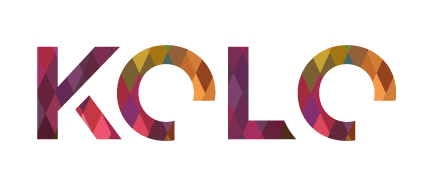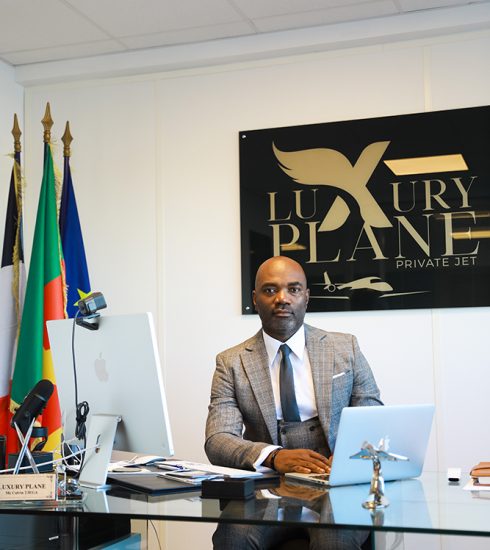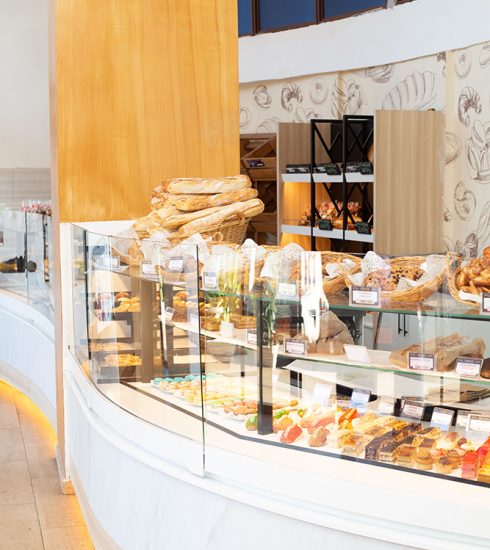Churchill Mambe, Software Developer
The “Serial Entrepreneur” of Silicon Mountain

KM: Describe the growth of Silicon Mountain, Buea, Cameroon, over the last two decades.
CM: Despite the Northwest/Southwest crisis, Silicon Mountain is booming with a promising trajectory. There is increased technology awareness that did not exist two decades ago. Entrepreneurship is part of the culture in Silicon Mountain. Some companies averaging 6.5 million FCFA per annum now make over 50 million FCFA a year. Overall, Growth has been outstanding.
KM: You own three platforms; “www.afrovisiongroup,” “www.njorku.com,” and www.buyam.co. How are you able to manage these platforms successfully?
CM: My role within my companies has evolved. I am the Chief Technology Officer and a mentor. I focus on design, development, implementation deployment, maintenance, and management. In addition, I make sure we have the expertise to complete projects profitably. Our success is due to a good support system, an excellent technical team, and good business partners.
KM: What message do you have for young boys and girls thinking of making a career in the tech field?
CM: I will tell them to believe in themselves, be passionate about tech, avoid shortcuts, be patient, and learn the craft very well, it will pay off. It is hard work, but the rewards are enormous if they do it right.
KM: Over 80 percent of jobs in the world in the next 15 years shall be in the tech sector, yet there is a technology gap between Cameroon and other African countries and a wider gap against the developed countries. How do we close this tech gap?
CM: Digitizing the public sector and creating awareness. Cameroon is heavily invested in the public sector, ministries, education, hospitals, communication, transportation system, etc. If you digitize the public sector, the population automatically adapts. The passport system went digital, and citizens adapted. State and private media should create awareness about advancements in the technology. These measures, if implemented effectively, can close the digital gap.
KM: The internet shutdown in the Northwest and Southwest Region during the crisis was impactful to the tech sector. How did your business stay operational?
Part of our team remained in Buea, and some relocated to Douala and Yaounde. Two months of hotel, internet, and temporary office space cost the company an extra 10 million francs CFA. We lost investors due to the perceived risks of the crisis. Njorku had signed a $210,000 contract with our Canadian and French investors that got canceled. Afrovision had a 14 million francs CFA contract, of which 8 million Francs CFA had been funded. The investor back out and we lost the remaining 6 million Francs CFA investment. That’s the past we are now focused on the future as things return to normal.
“Taking risk is part of doing business so when faced with a problem, I am focused on looking for solutions”.
KM: How can the Cameroonian educational system adapt to the realities of the tech ecosystem?
CM: Coding and computer science is part of the curriculum in government secondary schools, albeit optional. The government should invest in computer labs, provide smart devices and give access to young students so they can obtain practical experience.
KM: What immediate impact can bring visibility to projects and software platforms developed locally?
CM: The government should implement a policy whereby 40% of the software used in the public sector, MUST be developed by Cameroonians. If multinationals need a Customer Relationship Management (CRM) to service their customers, part of the system should be built using local tech companies. There are cases where software built by foreign companies is not adaptable for local consumption because local stakeholders were not involved in decision making. As a result, the software is abandoned after implementation. If a software costs a billion francs CFA to develop, imagine the multiplier effect on the economy of 40% revenue to local companies.
KM: Njorku has been named “Africa’s fastest growing startup” and ranked in the top 20 tech startups in Africa. How did this international visibility benefit your company?
CM: When you get mentioned in Forbes, it is easier to gain access to investors, raise funds and attract the best talent pool of workers. International recognition gave credibility to my company.
KM: Which forums are there for technology companies to network and showcase new developments or platforms they are building?
CM: There is the Silicon Mountain Conference, a three-day community-based event. Over 1000 people visit Buea, where they get to see notable developments by young entrepreneurs. Across the country, hackathons and Tech challenges bring companies together. For example, Zuo Bruno won 10 million FCFA in the Ministry of Research and Innovation (MINRESI) challenge, and NervisNzometiah also won 10 million FCFA in the Ministry of Post and Telecommunication (MINPOST) innovative challenge, both from Silicon Mountain.

 Download
Download 















